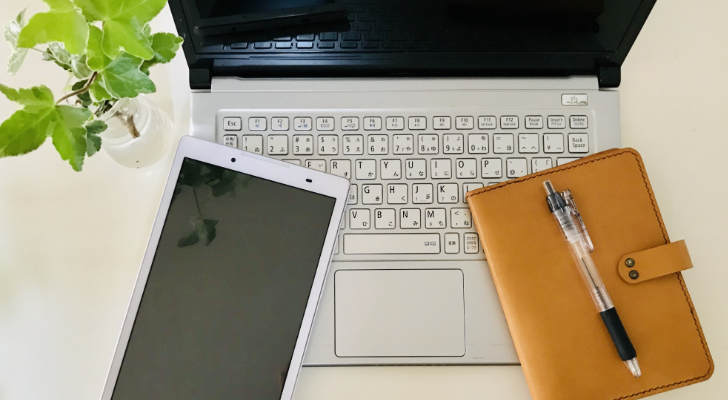
Deciding between a laptop and a tablet can be challenging, especially when considering the needs for both personal and business use. Each device has its strengths and limitations, making it important to understand how they align with your requirements.
This article explores the key factors to consider when choosing between a laptop and a tablet, outlining the pros and cons of each for both personal and business contexts.
Key Considerations
- Portability
- Performance and Productivity
- Versatility
- Battery Life
- Cost
Laptops: The Powerhouses
Pros:
- Performance: Laptops generally offer superior performance compared to tablets. They come equipped with more powerful processors, more RAM, and larger storage capacities, making them ideal for demanding tasks like video editing, software development, and multitasking.
- Productivity: Laptops typically feature full-sized keyboards and larger screens, which are essential for productivity tasks. They support complex software applications, making them suitable for business use, such as creating presentations, managing spreadsheets, and running specialized software.
- Versatility: Modern laptops, especially 2-in-1s, offer a blend of traditional laptop functionality with the flexibility of a tablet. These hybrid devices can be used in multiple modes, including laptop, tent, stand, and tablet modes.
Cons:
- Portability: While laptops are portable, they are generally heavier and bulkier than tablets, making them less convenient to carry around, especially for long periods.
- Battery Life: Although laptops have improved in terms of battery life, they still typically offer shorter usage times compared to tablets, especially during intensive tasks.
Tablets: The Lightweight Contenders
Pros:
- Portability: Tablets are incredibly portable, often weighing less than a pound. Their slim and lightweight design makes them easy to carry in a bag or even by hand, ideal for on-the-go use.
- Battery Life: Tablets usually offer excellent battery life, often lasting an entire day on a single charge. This makes them suitable for long meetings, travel, and personal use without the constant need for recharging.
- Touch Interface and Apps: Tablets provide a touch interface that is intuitive and easy to use. They excel at running mobile apps, which can be particularly useful for personal use, including entertainment, reading, and casual browsing.
Cons:
- Performance: Tablets generally have less powerful processors and limited RAM compared to laptops, making them less suitable for demanding tasks. They might struggle with heavy multitasking or running complex software.
- Productivity: While tablets are great for consuming content, they can be less efficient for creating content. Typing on a touchscreen can be cumbersome, and external keyboards, though available, are often not as comfortable as laptop keyboards.
Personal Use: Laptop vs. Tablet
For personal use, the choice between a laptop and a tablet largely depends on your primary activities:
- Entertainment and Browsing: If your main activities include streaming videos, reading, social media, and casual web browsing, a tablet might be the better choice due to its portability, touch interface, and longer battery life.
- Content Creation: If you enjoy photo or video editing, gaming, or any form of content creation that requires more power, a laptop is likely the better option. The larger screen, physical keyboard, and superior performance make laptops ideal for these tasks.
Business Use: Laptop vs. Tablet
When it comes to business use, the decision hinges on the nature of your work:
- Office and Productivity Tasks: For tasks such as word processing, spreadsheet management, and creating presentations, a laptop is generally more suitable. The physical keyboard, larger screen, and ability to run full versions of office software make laptops the preferred choice.
- Mobile Work and Presentations: If your work involves a lot of travel, attending meetings, or giving presentations, a tablet might be more convenient. Tablets are easy to carry, have excellent battery life, and can be paired with a Bluetooth keyboard for light typing tasks.
Conclusion
Ultimately, the decision between a laptop and a tablet for personal and business use comes down to your specific needs and preferences. If you require powerful performance, extensive productivity capabilities, and a more traditional computing experience, a laptop is likely the better choice. However, if portability, ease of use, and long battery life are your top priorities, a tablet might be the way to go.
For those who need a bit of both worlds, consider a 2-in-1 device that combines the functionality of a laptop with the portability of a tablet. These hybrid devices can offer a versatile solution for both personal and business use, ensuring you have the right tool for any situation.


